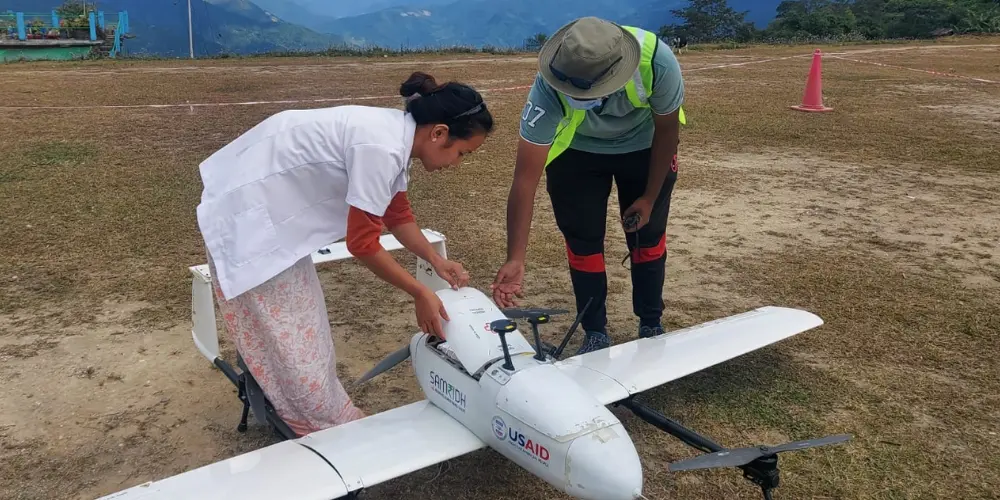USAID cuts could trigger over 14 million preventable deaths by 2030: Lancet
USAID funding was associated with a 65% reduction in mortality from HIV/AIDS, 51% from malaria, and 50% from neglected tropical diseases, the study found
Author
Author
- admin / 7 months

- 0
- 3 min read

Author
A study published in The Lancet has warned that the US decision to suspend and defund USAID health programs could lead to more than 14 million avoidable deaths, including over 4.5 million children under the age of five, by the year 2030.
The study, titled “Evaluating the impact of two decades of USAID interventions and projecting the effects of defunding on mortality up to 2030”, draws on data from 133 countries over a 21-year period, and integrates rigorous statistical modeling with global mortality trends.
“USAID funding has significantly contributed to the reduction in adult and child mortality across low-income and middle-income countries over the past two decades,” the authors state. “Unless the abrupt funding cuts announced and implemented in the first half of 2025 are reversed, a staggering number of avoidable deaths could occur by 2030.”
Between 2001 and 2021, USAID programs were associated with a 15% reduction in all-cause mortality and a 32% reduction in under-five mortality. The study estimates that over 91 million deaths were prevented, including more than 30 million children under five.
Specific health outcomes also showed dramatic gains: “USAID funding was associated with a 65% reduction in mortality from HIV/AIDS, 51% from malaria, and 50% from neglected tropical diseases,” the study found.
But that life-saving infrastructure is now unraveling rapidly.
On January 20, 2025, the Trump administration issued Executive Order 14169, which suspended existing foreign aid programs except emergency food and military assistance. Within weeks, 83% of USAID programs were announced to be canceled, including an 88% cut in maternal and child health aid, 87% in epidemic surveillance, and 94% in family planning and reproductive health programming.
“Forecasting models predicted that the current steep funding cuts could result in more than 14,051,750 additional all-age deaths, including 4,537,157 in children younger than age 5 years, by 2030,” the study projects.
In a single year, halted funding through the US President’s Malaria Initiative (PMI) could cause 15 million additional malaria cases and over 107,000 extra deaths globally due to disrupted supply chains in countries like Nigeria and Uganda.
The impact isn’t confined to health. According to the study, USAID’s investments previously supported education for over 52 million children, while its withdrawal has left 79 million people previously targeted for assistance now unreached.
In Southern Africa, the UN World Food Programme has already shut down its regional office, leaving 27 million people at risk of hunger in the midst of a historic drought.
“The vast majority of USAID-funded activities will be affected, with most likely to be terminated,” the study cautions. “Local capacity of national non-governmental organisations has been profoundly affected.”
Health experts say the damage is already being felt on the ground, and may soon be irreversible.
The study concludes with a warning: “Unless the abrupt funding cuts announced and implemented in the first half of 2025 are reversed, a staggering number of avoidable deaths could occur by 2030.”
Also read: The Lancet: 500,000 children could die of AIDS by 2030 if US funding to AIDS program not restored









